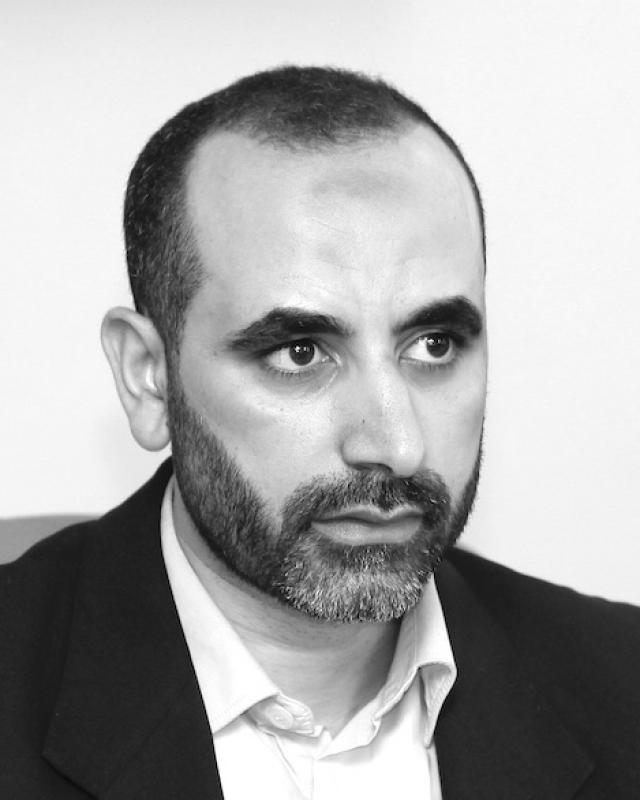
Throughout the last couple of decades, the intersection of Islam and Biomedical Ethics has managed to capture the interest of various groups including physicians, (healthcare) policymakers and academics whose extensive writings are now shaping an increasingly distinct field of study, namely Islam and Biomedical Ethics.
During this event, Islam and Biomedical Ethics will be examined at two main levels. At the theoretical level, we will explore the key concepts and approaches related to this new field by addressing questions like:
- How do the two domains (Islam as religious tradition and bioethics as scholarly discipline) relate to each other?
- What makes a certain bioethical perspective specifically “Islamic” and does it mean that it is by default different from other religious or secular approaches?
- How do Islamic bioethical perspectives get constructed, which sources are consulted?
- What methods of religio-ethical reasoning are employed?
- What makes one perspective more authoritative than the other?
- Who speaks for Islamic bioethics, as either individuals or institutions?
- Do we have homogenous or heterogeneous Islamic bioethics and are there crucial school-based differences like Sunni and Shia perspectives?
- What is the potential of this nascent field and the main challenges in the future?
At the practical or applied level, a wide range of bioethical issues raised by modern biomedical technologies will be analyzed from an Islamic perspective. Attention will also be paid to the relevance of the various perspectives for the particular context of Muslims living in the West. The list of examples will include topics like:
- Organ donation
- The beginning of human life and abortion
- Assisted reproductive technologies (ARTs)
- Milk banks
- End of human life
- Euthanasia and brain death
Bearing in mind that the whole event will be interactive in nature, the audience will be able to submit questions and suggest specific topics for further discussions, which are of relevance to their research and/or professional interests and how all this can help developing a more culturally-sensitive healthcare approach in dealing with people from Muslim background.
This course is delivered by IIDR in partnership with the Research Center for Islamic Legislation and Ethics (CILE), World Innovation Summit for Health (WISH) and Qatar Foundation. Register HERE



![[Update: Video] Register now: Islam and Biomedical Ethics, London, 29-30 April 2017 [Update: Video] Register now: Islam and Biomedical Ethics, London, 29-30 April 2017](/sites/default/files/styles/home_block_image/public/resources/images/iidr-header.jpg?itok=ZNrNEYVJ)














إضافة تعليق جديد